Grief is a response that is both natural and normal to loss. It’s a complicated process that involves changes in your body, mind, and emotions. The first few days, weeks, and months following a loss are often the most challenging. You may experience a range of emotions, from shock and disbelief to anger and depression. Grief is a natural and normal reaction to loss, but it doesn’t mean that you will get over your loss overnight.
The word “grief” often describes the negative emotions felt after a loss. However, grief is more than just a feeling; it involves a series of stages, each representing changes in how a grieving person thinks and feels.
Whether it’s the loss of a loved one, a job, or a cherished dream, we all face moments that test our emotional strength. Did you know grief can be seen as a journey with distinct stages? In this article, we’ll explore the 5 Stages of Grief to help you understand and navigate your emotions during these tough times.
By understanding the process, we can successfully navigate this grueling experience.
Origins of The Five Stages Model:
The five stages of grief were introduced by psychiatrist Elisabeth Kübler-Ross in her 1969 book “On Death and Dying.” She created this model to describe how terminally ill patients felt when facing death. Through her work, she identified five stages many people go through when grieving: denial, anger, bargaining, depression, and acceptance.
What Are The 5 Stages of Grief?
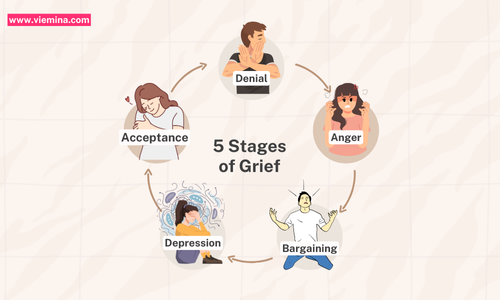
1-Denial:
Denial is like that stubborn friend who insists everything is okay when it clearly isn’t. It’s the mind’s way of shielding itself from the harsh reality of loss.
Denial is the initial response to loss, often marked by a refusal to accept the reality of the situation. It acts as a defense mechanism, helping to buffer the immediate shock and allowing people to gradually deal with their intense emotions. During this stage, one might think or say things like, “This can’t be happening,” or “There must be a mistake.” Denial serves as a temporary shield, giving the mind time to adjust to the new reality.
In this phase, people often feel numb or disbelieving. They might continue with their daily routines as if nothing has changed, or seek constant reassurance that the loss isn’t real. It’s important to recognize that denial is a normal and necessary part of the grieving process. It helps individuals gradually come to terms with their loss without being overwhelmed by the full weight of their grief all at once.
2-Anger:
Anger – the fiery side of grief. It’s like a volcano ready to blow, fueled by feeling things are unfair. You might find yourself snapping at others or kicking a trash can in frustration.
As denial starts to fade, the pain of loss becomes clearer, leading to the second stage of grief: anger. This stage is full of frustration, helplessness, and even rage. You might direct your anger at others, yourself, or the situation that caused the loss. It’s common to think, “Why is this happening to me?”, “It’s not fair!” “What did I do to deserve this?”
Anger helps us deal with the chaos of loss and is a necessary part of healing. It allows us to express and release our emotions. However, it’s important to handle this anger healthily, so it doesn’t take over or harm our relationships.
Related:10 Anger Management Strategies to Help You Stay Calm
3-Bargaining:
Bargaining is like trying to make a deal with the universe to undo what’s happened. It’s filled with “what ifs” and “if onlys” that play in our minds during grief.
You might wish you could go back in time to change things or think about what you should have said or done differently. You might even make promises to yourself, like “I’ll never do this again” or “I’ll always do that.” When we’re in pain, it’s hard to accept that we can’t change things. Bargaining is when we try to make deals with ourselves or a higher power, hoping that if we act a certain way, we’ll feel better. It’s also common to replay past events and wish we could fix things to make the outcome different.
4-Depression:
Depression in grief isn’t just feeling blue; it’s like being weighed down by a heavy sadness. You might lose interest in things you once enjoyed and feel a deep emptiness.
As you face the reality of the loss, you may experience profound sadness, withdraw from others, and feel hopeless. This stage can leave you feeling overwhelmed and struggling to find meaning or purpose in daily life.
Although it resembles clinical depression, this type of depression is a natural response to the permanent nature of loss. It’s common to feel empty, tired, and uninterested in things you used to enjoy, and you might also want to isolate yourself or retreat from the world. These feelings are a normal part of grieving and allowing yourself to experience and work through them is important for healing.
Related: Understanding The 8 Different Types of Depression
Related: Overcome Feeling Blue: 16 Ways for a Brighter Tomorrow
5-Acceptance:
Acceptance of grief doesn’t mean forgetting your loss or being okay with it. It means recognizing the reality of the situation and finding a way to move forward while still cherishing the memories of what was lost.
Acceptance is the final stage in the 5 Stages of Grief. It’s about coming to terms with your loss and adjusting to the new reality of your life. It doesn’t mean the pain goes away, but you stop resisting the reality and struggling to change it.
At this stage, you start to open yourself up to the possibility of a different future where your loss is part of your story but doesn’t control your whole life. It’s about finding peace amid the ongoing pain.
During this stage, you might still feel sadness and regret, but the emotional survival tactics of denial, bargaining, and anger are less prominent. You may find yourself reaching out more to friends and family, though it’s also normal to sometimes prefer being alone.
Over time, you might spend longer periods in acceptance, and while you may still experience moments of sadness or anger, your overall perspective on the loss and how you live with it will change.
Conclusion:
Grief is a deep and complex experience that affects all parts of our lives. Knowing the five stages can help guide you through the emotional ups and downs. Each stage has its own challenges, but they are all part of the natural healing process. By acknowledging and accepting our grief, we can find a path to healing.
“And of course, it’s okay to seek help if you’re struggling.”


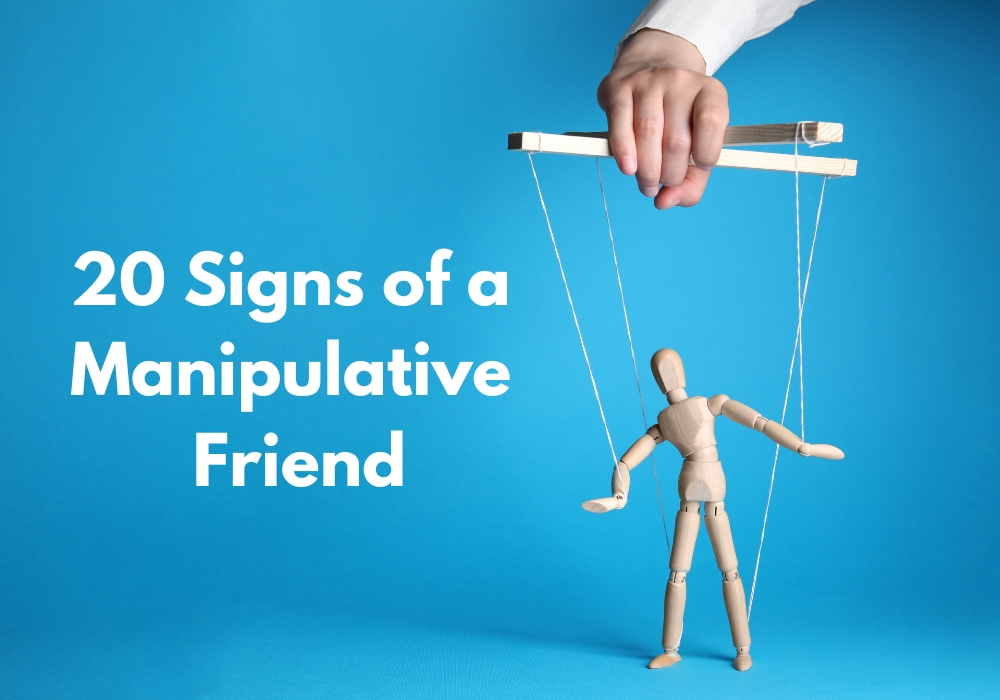


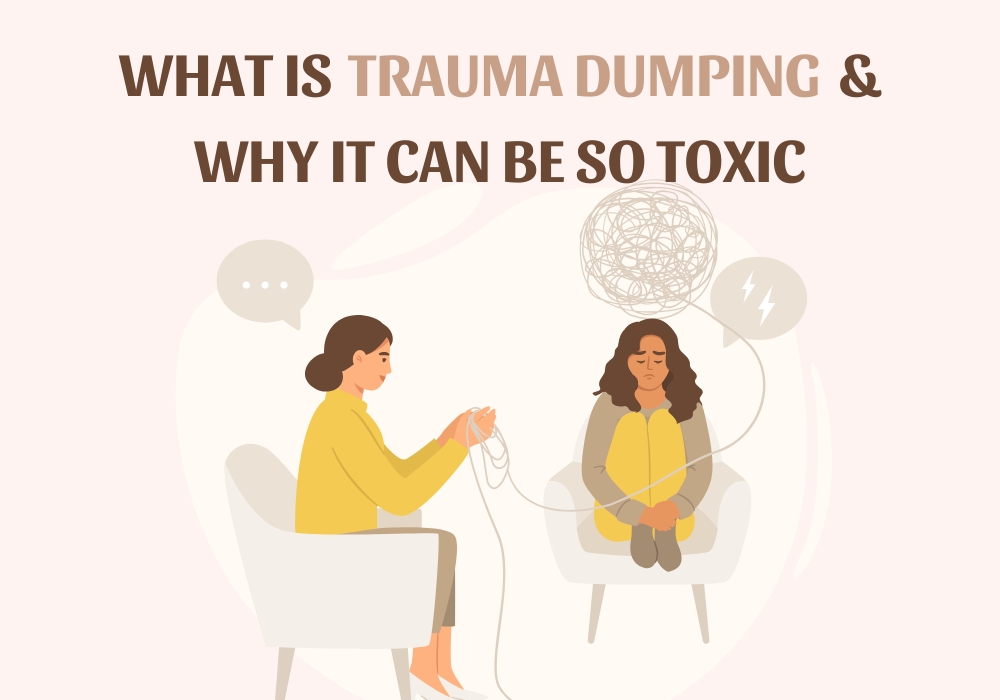
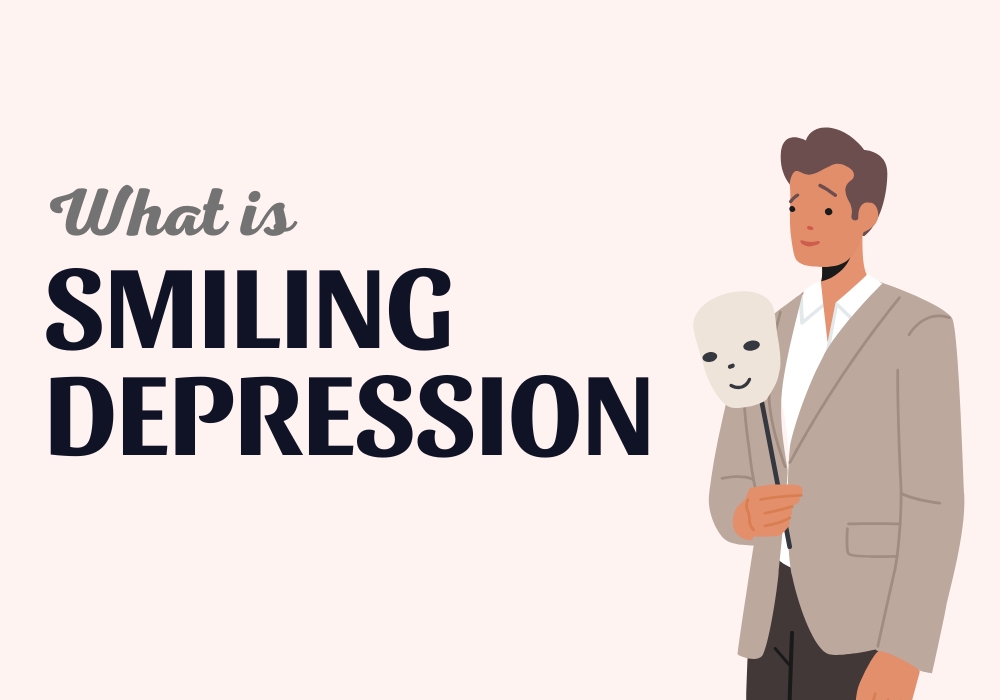
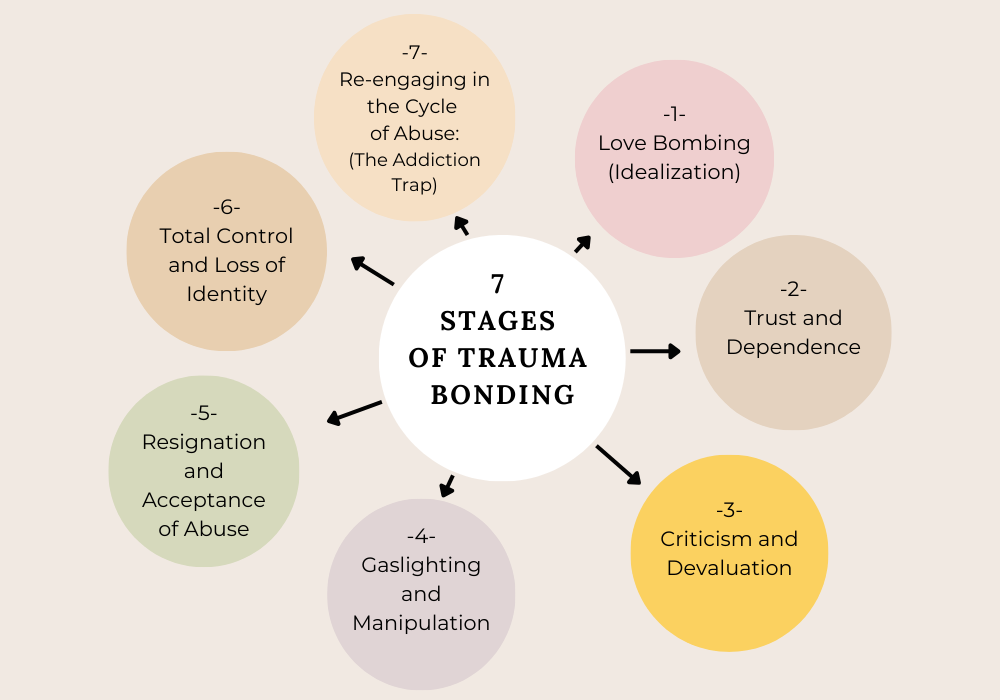
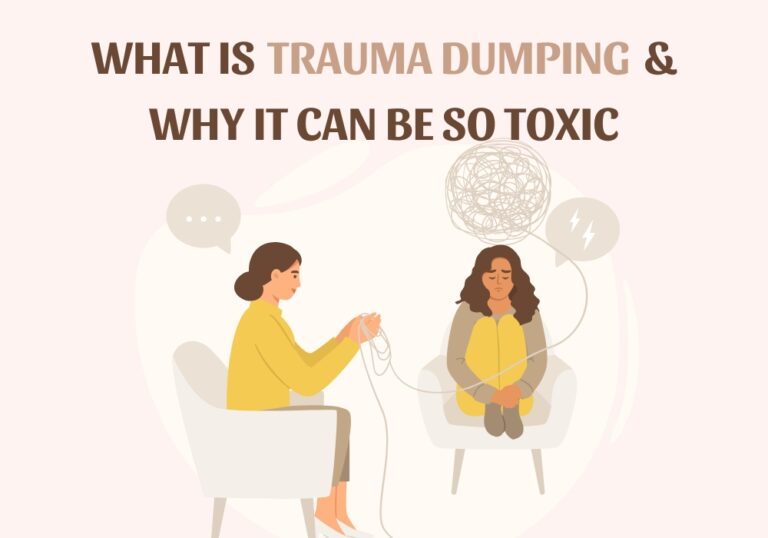
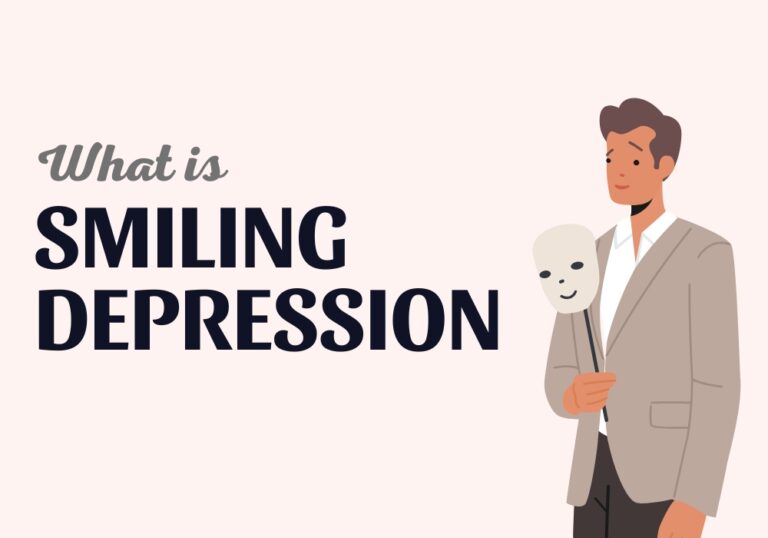
2 Comments
Your comment is awaiting moderation.
[…] Related: Exploring the 5 Stages of Grief Journey […]
Your comment is awaiting moderation.
[…] Related: Exploring the 5 Stages of Grief Journey […]
great article
Thank you so much ❤️